New films, old memories
Sudan's post-revolution cinema
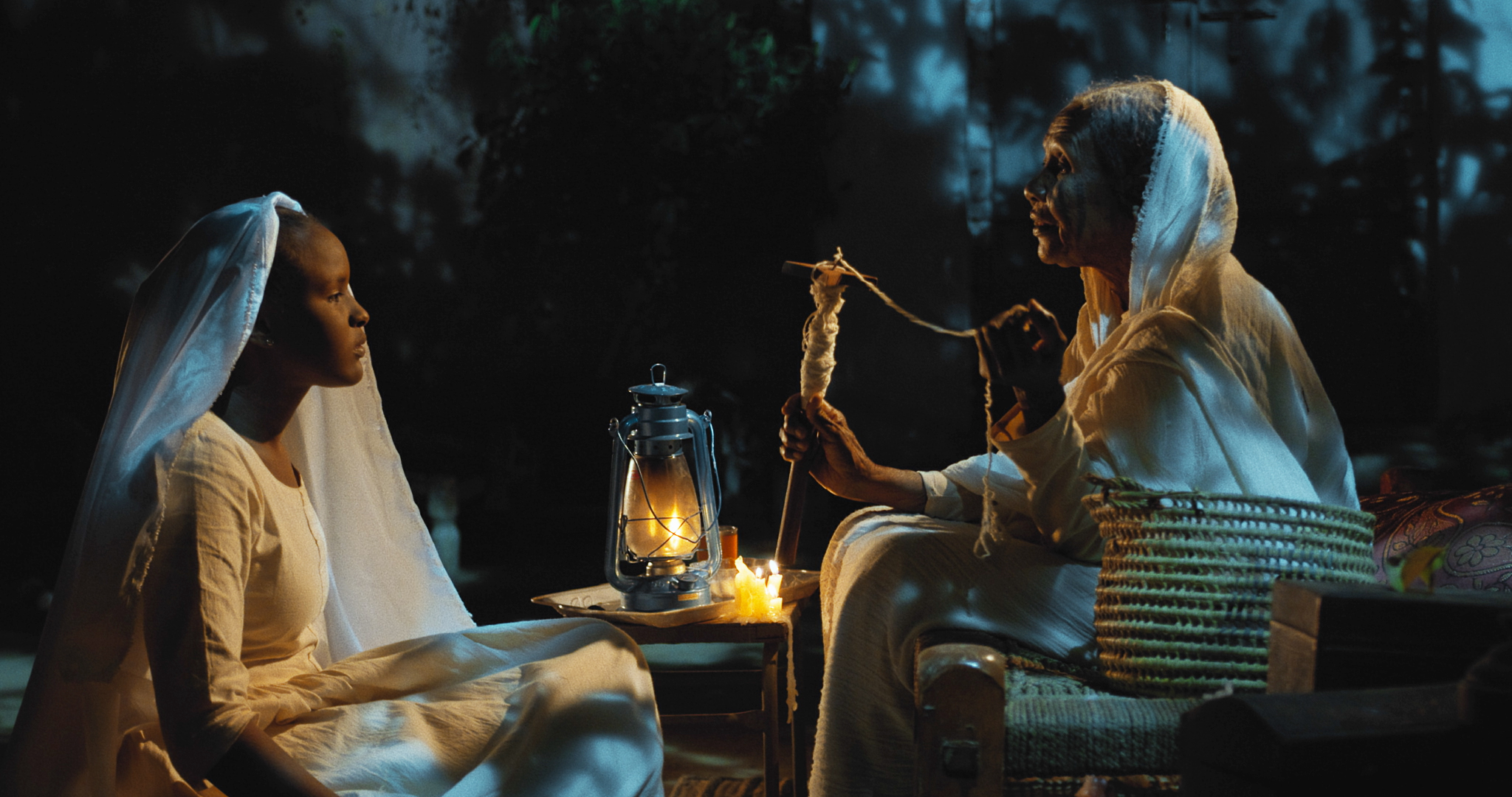
For nearly three decades, Omar Al Bashir’s regime suppressed arts and cinema in Sudan. But the 2019 revolution and military coup changed things. There is more space for creativity now, including for the country’s long-standing cinema industry.
On the rooftop of the cultural centre in Omdurman, across the Nile from Sudan’s capital Khartoum, are several rows of chairs set up under the open sky. At the front is a big screen and speakers; behind are the silhouettes of palm trees and houses. The film starts screening, people keep dropping in. Each Saturday evening, a group of cineastes show movies here, and tonight is the 1990s Ridley Scott classic Thelma and Louise.
“This was unthinkable before. You couldn’t screen movies like this under the kizan,” Rahiem Shadad, one of the people in the audience, says.
By kizan he means the former ruling elite and their loyalists who jokingly go by the Arabic name for cup, koz (or kizan in plural), after the late, very influential, Islamist Hassan Al Turabi spoke of political Islamists as vessels scooping up from the “ocean of Islam”. Along with his kizan, Omar Al Bashir ruled Sudan for nearly thirty years and imposed strict control over the country.
“There was a huge stigma imposed on performers and people in the arts during that era,” cultural researcher Ruba El Melik says.
Sudan has since witnessed a peaceful revolution, commencing in December 2018 and culminating in a military coup in April 2019. Al Bashir was ousted and his regime replaced by a transitional combined military and civilian council. More freedom, not least in the cultural and artistic field, followed, even if many challenges remain.
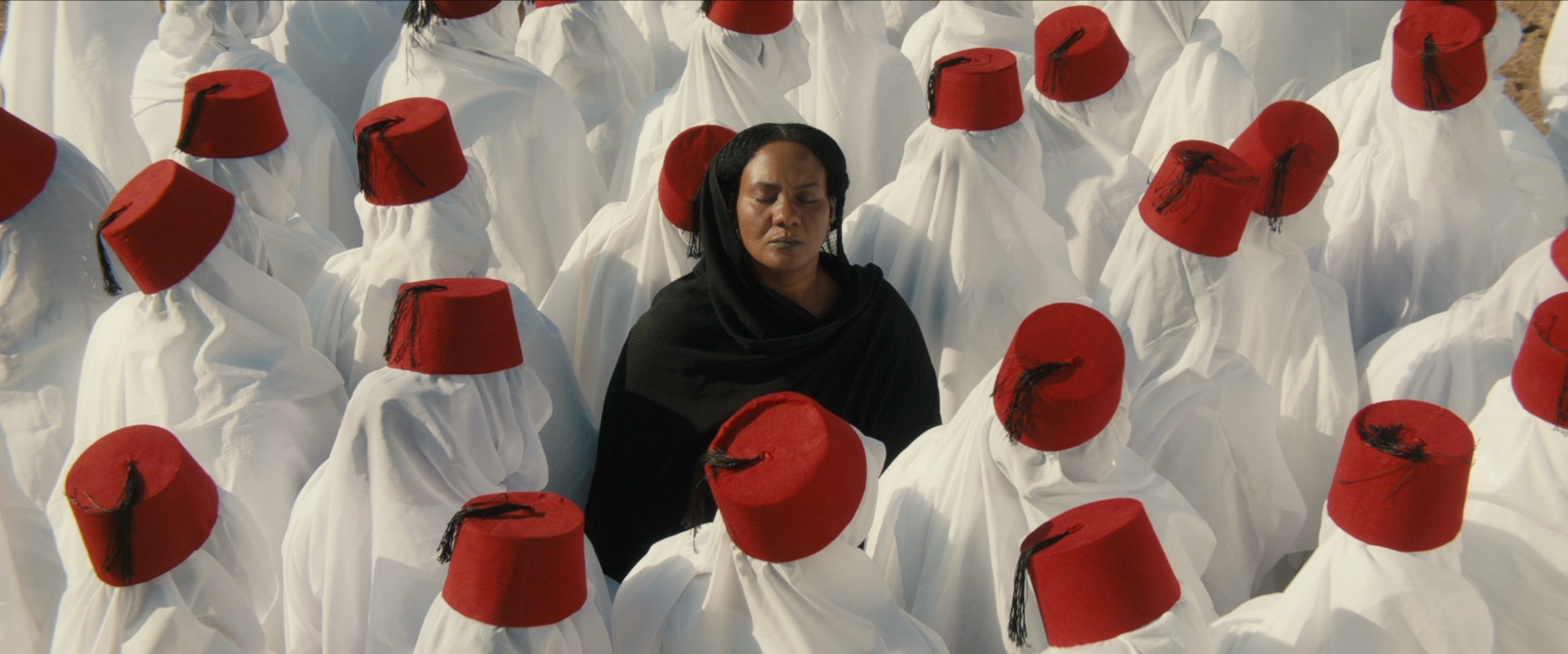
Last year saw the release of the first feature movie to be filmed in Sudan in twenty years, You Will Die at Twenty, based on Hammour Ziada’s short story “Sleeping at the Foot of the Mountain”. The film follows Muzamil, a young boy in a village in central Sudan, haunted by the prophecy that he shall die upon turning twenty years old.
“This was unthinkable before. You couldn’t screen movies like this under the kizan.”
“I say many things through Muzamil in the film. I speak about the Sudanese citizen and its relation with authorities, religion and society,” the director Amjad Abu Alala says.
“But I don’t say things outright. I want people to read into the film whatever they can with their own backgrounds.”
Abu Alala resides in Cairo but grew up in Qatar and spent part of his childhood in Sudan, in the central agricultural region of Gezira where the film is set. The scenography of the film is beautiful, with vast desert landscapes and farming villages. In one scene, Muzamil is forced into a big trunk by a group of children and left locked inside.
“The film is about freedom. That you are free to follow your own path in life, that you don’t have a predetermined destiny,” Abu Alala says.
His team began shooting on 17 December 2018, the same day that the first protests against Al Bashir started in Atbara, a town in northern Sudan. But the decision to work on the film had been taken earlier, before the revolution began.
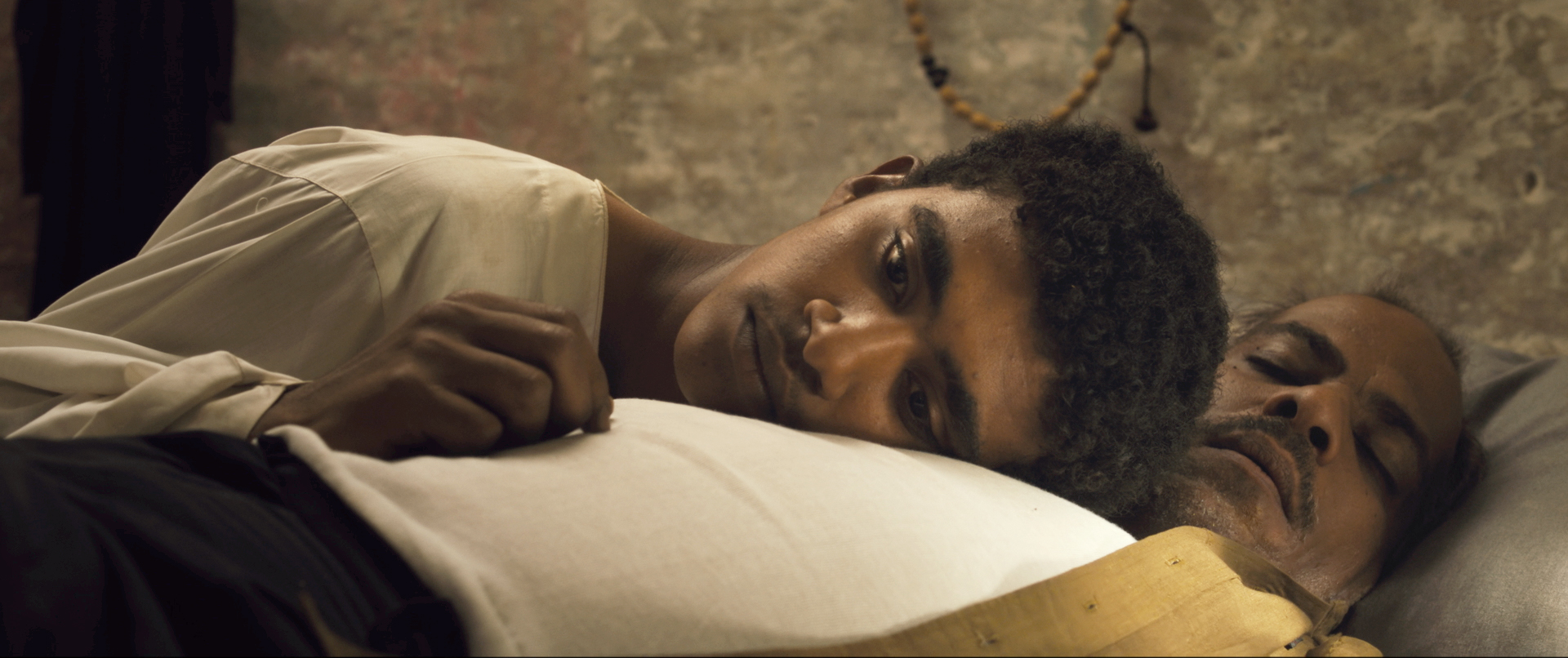
“Hats off to anyone who made movies under the previous regime,” Suzannah Mirghani, another Sudanese filmmaker living in Qatar, says.
Like Abu Alala, she spent part of her childhood in Sudan. Her 2020 short film Al Sit was filmed after the fall of the last regime, in a location not far from where You Will Die at Twenty is set. Al Sit is another portrayal of the Sudanese countryside, filmed in the midst of endless cotton fields. The lead role in the movie, Nafisa, is a teenage girl about to be married to a Sudanese business guy living in the Gulf. Throughout the film, Nafisa does not utter a word.
“Hats off to anyone who made movies under the previous regime.”
“That was a conscious decision. Silence is a cinematic way of saying things very loud. In the film, things are made up for Nafisa without her consent,” Mirghani says.
The short film, besides being a story about freedom and independence, is also symbolic of the new Sudan. It represents the idea that rule and decision-making should reside with the people.
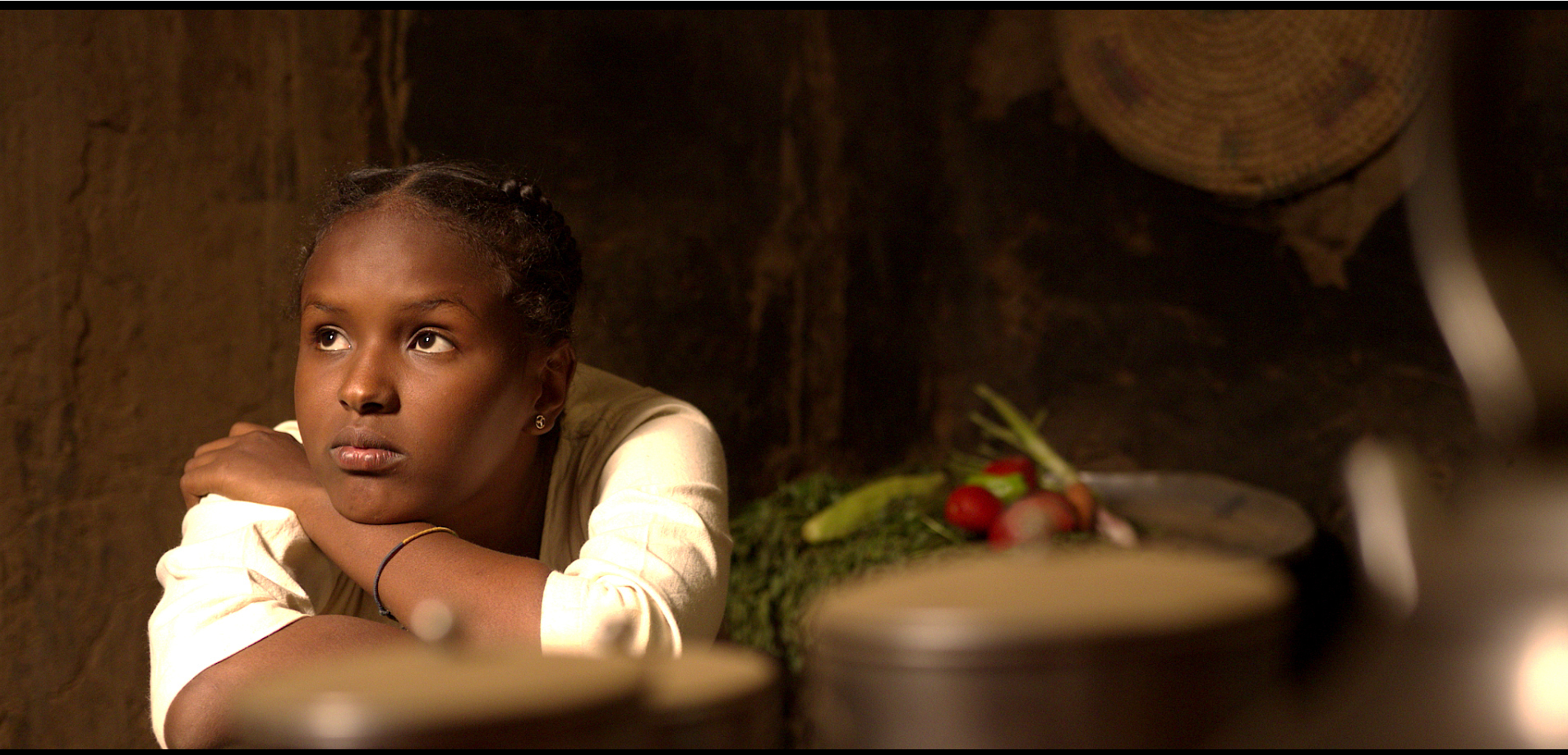
Both movies have toured international film festivals and won a number of awards. You Will Die at Twenty was Sudan’s submission to the Oscars last year, the first time ever for a Sudanese movie. It is now screening on Netflix. But neither film has been shown for an audience in Sudan. Oppression and censorship are not the only challenges faced by Sudanese filmmakers, there is also a lack of infrastructure, institutions and cultural support.
“It is hard to do anything at all in Sudan. There’s no system and no resources. We’re trying but it’s not easy,” photographer and filmmaker Khalid Awad, who worked on both Al Sit and You Will Die at Twenty, says.
“It is hard to do anything at all in Sudan. We’re trying but it’s not easy.”
His studio is on the first floor of a small building in Khartoum, not far from one of the main thoroughfares in the city. Inside are cameras and lightning equipment, all brought to Sudan from abroad – finding gear is not easy here. The office has electricity today, so the air-conditioning is working. Without AC, or without a fan, also run by electricity, which cuts daily in Khartoum, working indoors is impossible during parts of the year.
“We always bring generators to the shootings. But there’s always something. If you have electricity, there’s a lack of gas or fuel for the car instead,” Awad says.
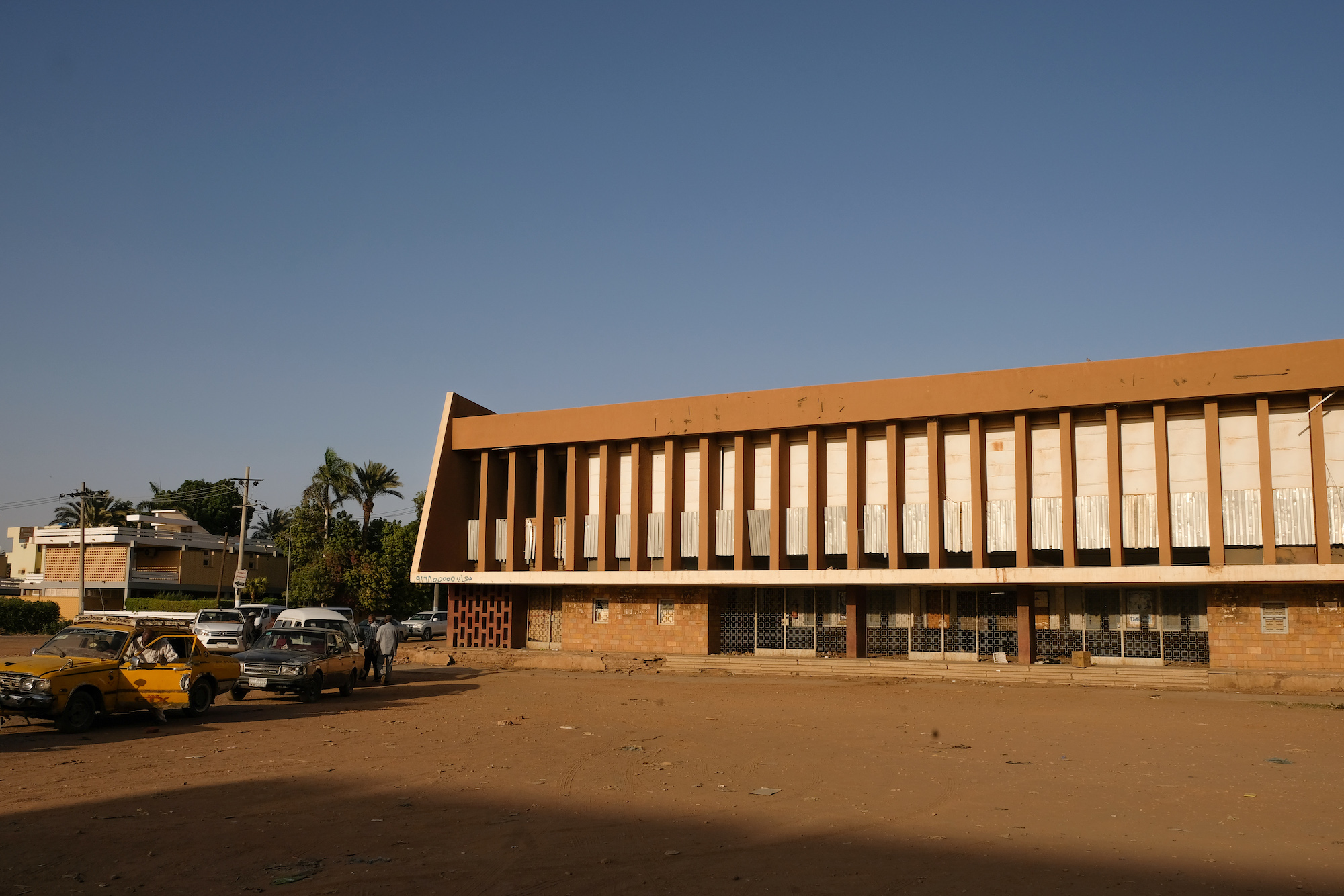
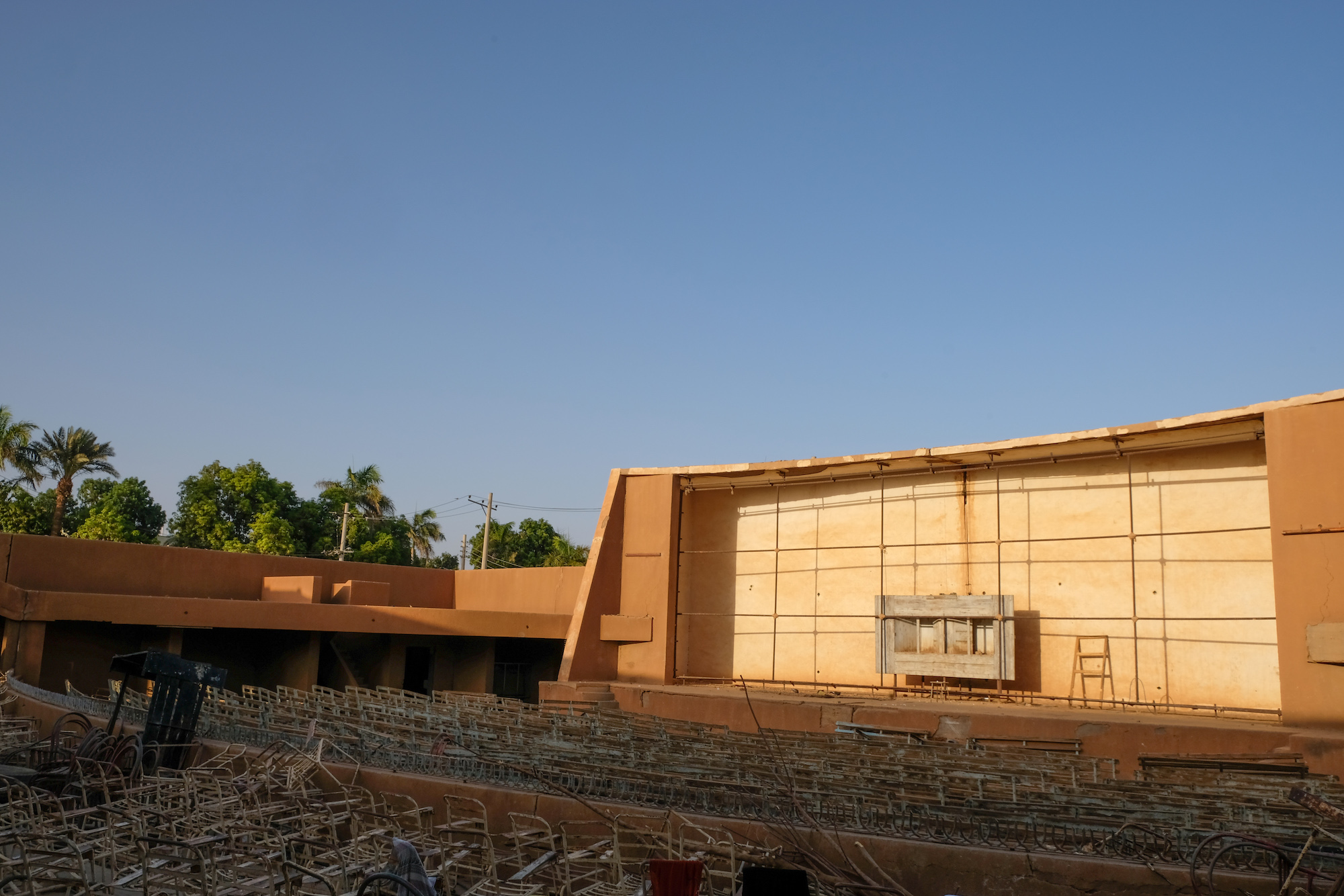
Something even more fundamental to any film industry is missing as well: cinemas. Sudan once had over sixty cinemas across the country, and screenings were regularly sold out. Khartoum, at that time a city of roughly 500,000 inhabitants, had sixteen cinemas in the early 1980s.
“There was a time when cinemas sold more tickets than football games,” Suleiman Ibrahim, a filmmaker, says.
Ibrahim belongs to Sudan’s early generation of cineastes, who studied filmmaking in cities like Cairo, Moscow and Berlin. They grew up in a Khartoum marked by the global hippie and decolonisation movements of the 1960s and 1970s, and an air of endless possibilities.
“There was a time when cinemas sold more tickets than football games.”
“Film was big at that time. Cinemas showed Indian, American and Egyptian productions. Sometimes they brought movies from Japan or Italy the same year that they were released,” Ibrahim Shaddad, another early filmmaker, says.
Both men are seated in an outdoors shaded area in Ibrahim’s house, on a small street in one of Omdurman’s oldest neighbourhoods. Two younger filmmakers are there as well: Mahira Salim, with her four months old son in her lap, and Suhaib Gasmelbari, whose film Talking About Trees portrays Shaddad, Ibrahim and two other filmmakers. The working name for the movie, they say, was “The Waiting Bench”.
“That’s how it is to make movies in Sudan. Are you rich? Do you have connections in the secret service? If not, either leave the country or sit down and wait,” Shaddad says.
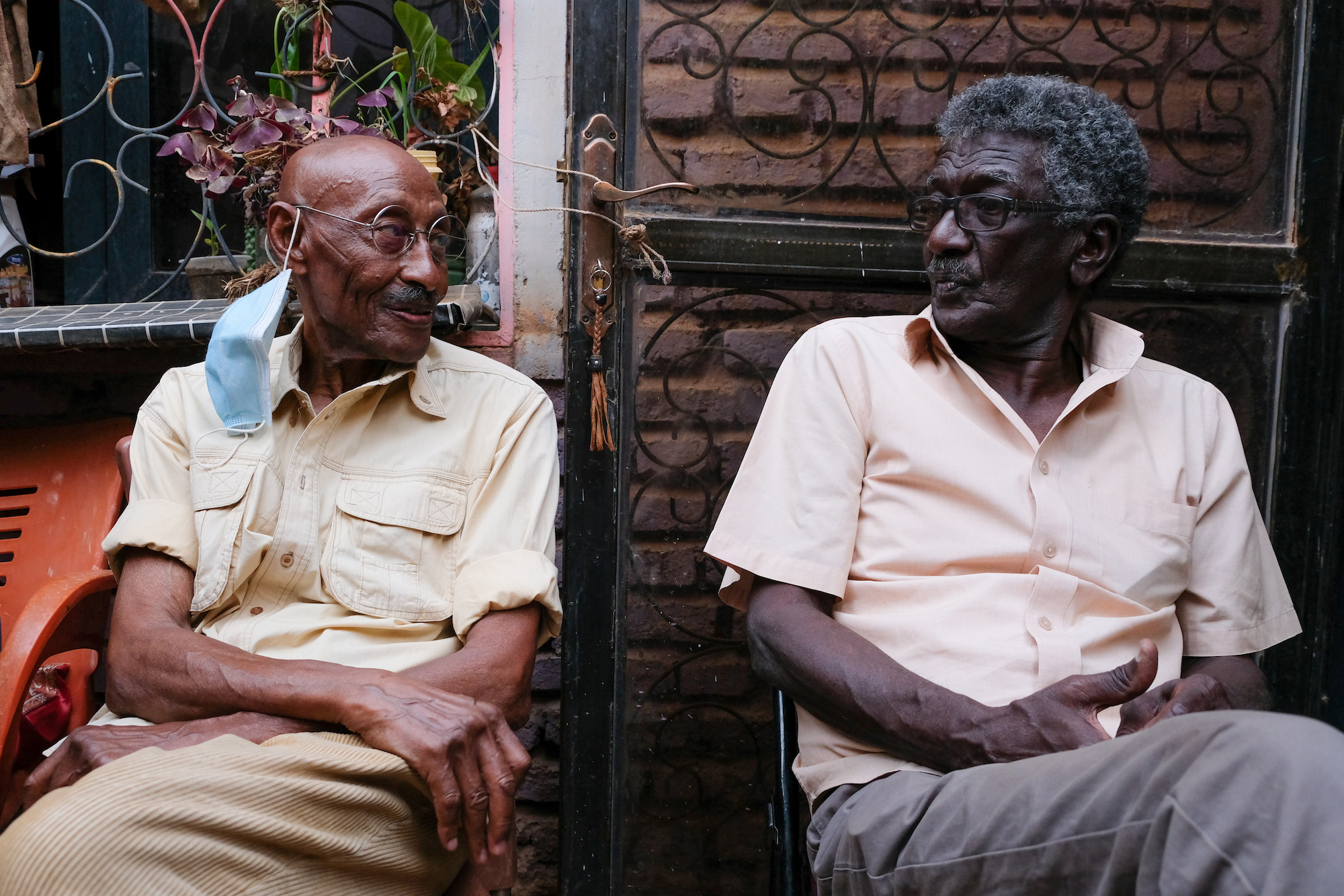
“Are you rich? Do you have connections in the secret service? If not, either leave the country or sit down and wait.”
Sudan’s first movies were made when the country was still under British-Egyptian rule, in the beginning of the 20th century, and after independence in 1956. Early productions were little but propaganda for the government, on topics like folklore, sports and tourism. The films of late legend Gadalla Gubara, who shot Africa’s first colour feature film in 1955, are the exception.
When Ibrahim Shaddad, Suleiman Ibrahim and other young filmmakers returned from cinema studies abroad, they followed in Gubara’s footsteps. They shot conceptual and artistic films like A Camel, a dreamy production about a camel running a massive sesame mill, and The Station, a tale about a family on their way to hospital getting stuck at an enormous bus station.
But in the 1980s, the interest for cinema began to wane. When Al Bashir took power in a military coup in 1989, that put a resolute end to movie theatres – and to most cultural institutions in the country.
When Al Bashir took power in a military coup in 1989, that put a resolute end to movie theatres.
“The coup came in the midst of what was the beginning of a cultural renaissance in the country. People were exploring new artistic expressions, but the coup put a halt to all of that,” El Melik says.
Years have now passed since the last old cinema shut its doors. Most of the buildings remain, either deserted or put to a different use, serving as desolate monuments of a time that once was. Coliseum in Khartoum is now a parking lot; another theatre in the capital is occupied by the army. In Omdurman, only the façade remains of one of the city’s most popular cinemas. Another film house has crumbling walls, but all the chairs are still inside.
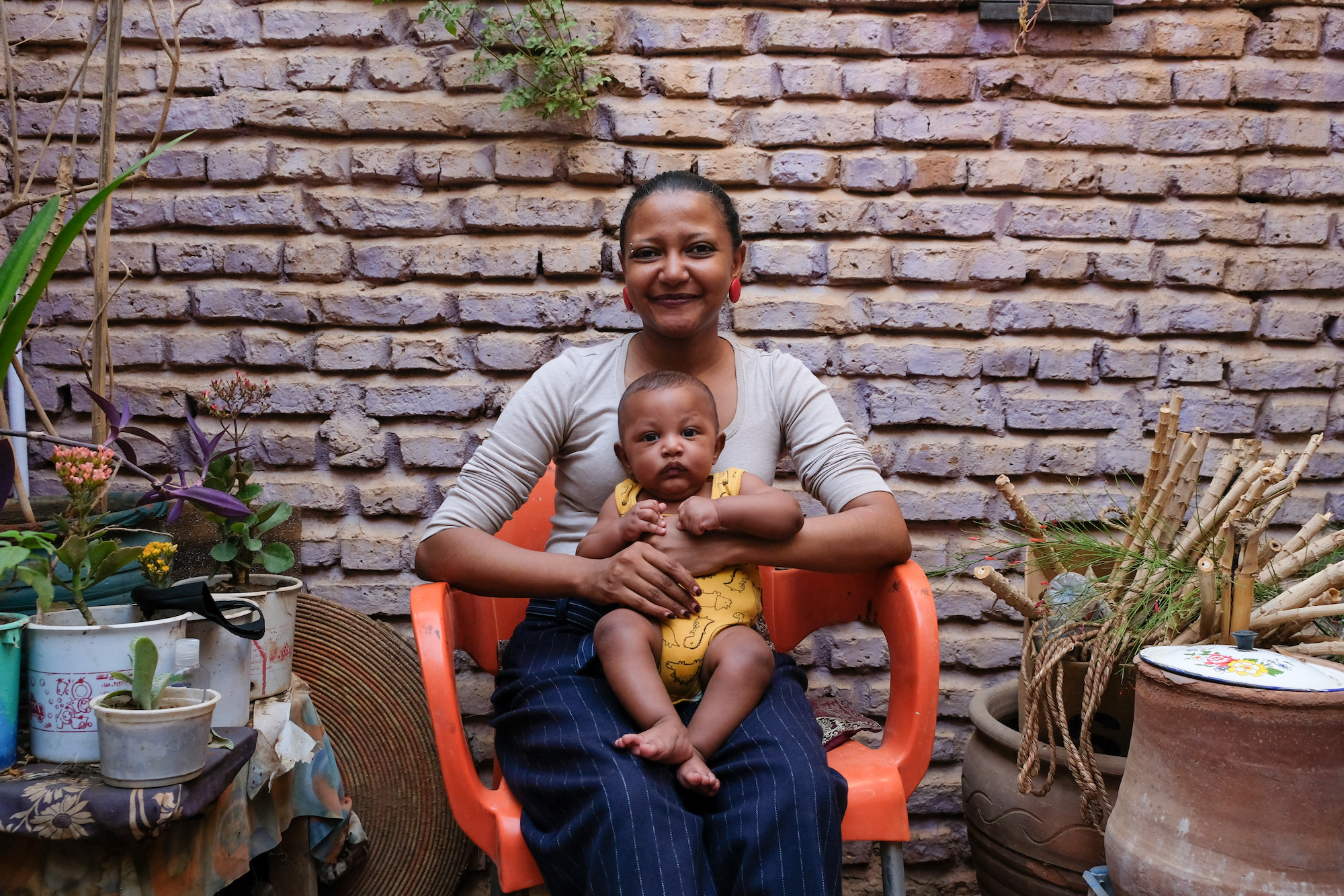
Interest in film, however, did not disappear with the old cinemas. Taghreed Elsanhouri, a British-Sudanese filmmaker, produced three documentaries, All About Darfur, Mother Unknown and Our Beloved Sudan (about the partition of Sudan in north and south), between 2005 and 2012. The sixth edition of Sudan International Film Festival was held in 2020 (this year’s festival was cancelled due to the pandemic), and movies were screened at outdoor locations across the capital. Marwa Zein’s Khartoum Offside, a documentary following a group of female Sudanese football players, opened the festival.
One evening, only a few days before the 2020 opening of the festival, a group of people gathered to screen Hajooj Kuka’s AKasha at a popular outdoors café in Khartoum’s Amarat neighbourhood. The film is a humorous story of a soldier, set in the midst of civil war in southern Sudan. Many in the audience had never had a chance to see the consequences of the regime’s war-making before: TV and other media never reported freely on the conflicts maintained across the country. The lead actor in AKasha, Ekram Marcus, comes from the southern Kordofan region, and had never been to Khartoum due to the conflict.
“There are serious filmmakers now. They’re a small group, but they exist.”
The role in AKasha was Marcus’ first acting experience, just like that of Mustafa Shehata, the actor playing Muzamil in You Will Die at Twenty. Abu Alala met 150 people before finding the right person for Muzamil, on the very last day of auditions.
“There are hardly any actors in Sudan since we haven’t had a cinema industry for so many years. But it is starting to turn now. People begin to think of acting as a possible career,” he says.
Mirghani, who cast both Nafisa (played by Mihad Murtada) and the man she is set to marry among amateur actors, also thinks that things might change in the future.
“The Sudan I remember from my childhood was different. No one thought of acting or cinema as an opportunity. But there are serious filmmakers now. They’re a small group, but they exist,” she says.
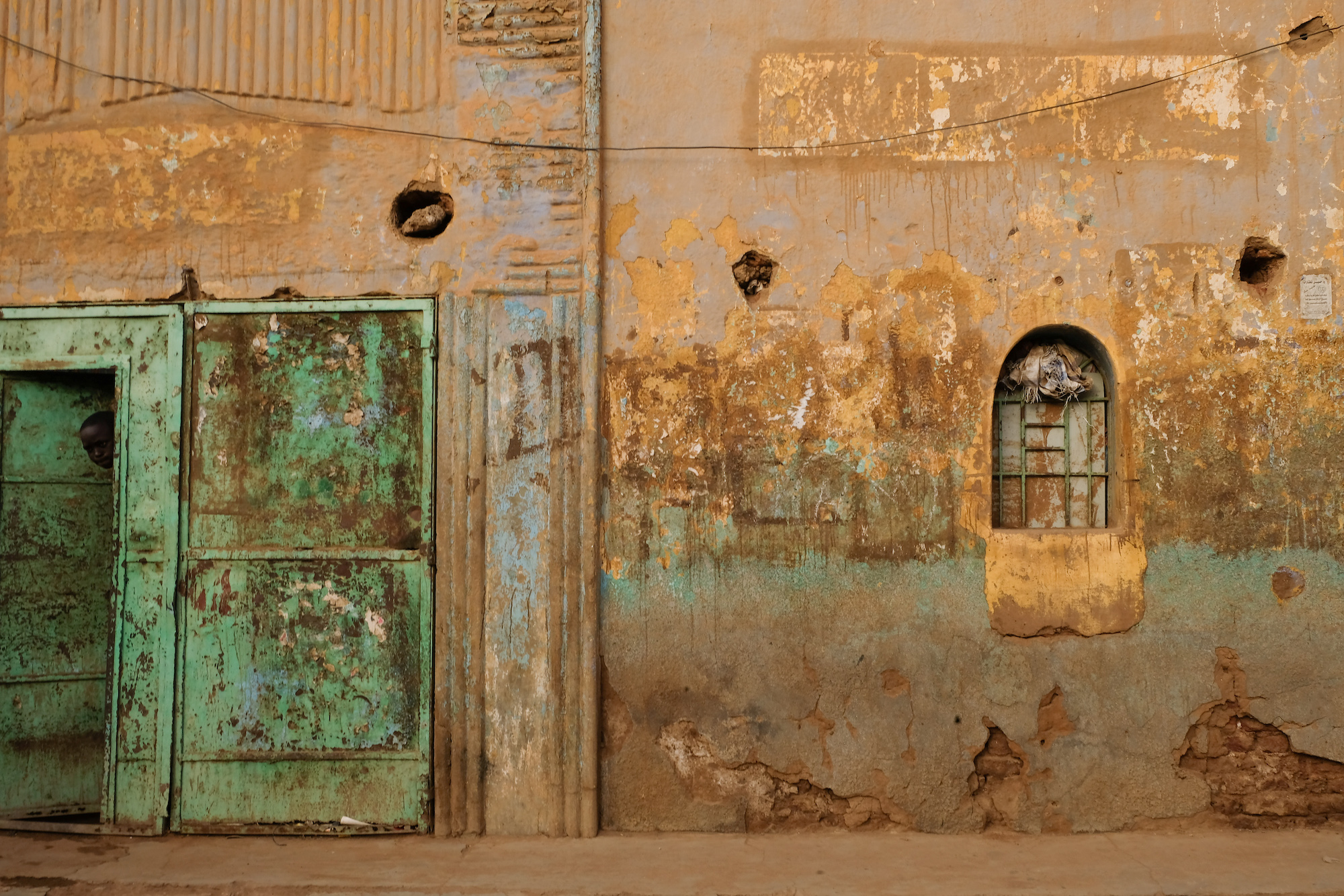
Still, it is too early to speak about a new wave of Sudanese cinema. Gasmelbari, the director of Talking About Trees and an Al Jazeera documentary about two men running the country’s national film archive, Sudan’s Forgotten Films, says that we are yet to witness a real movement or revival.
“Sure, there have been a couple of new movies and they have been shown at festivals. That’s a very good thing. But we are still a step behind the starting line.”
Perhaps it is like the final scene in You Will Die at Twenty, where Muzamil is running, onwards, but towards an unknown destination.





